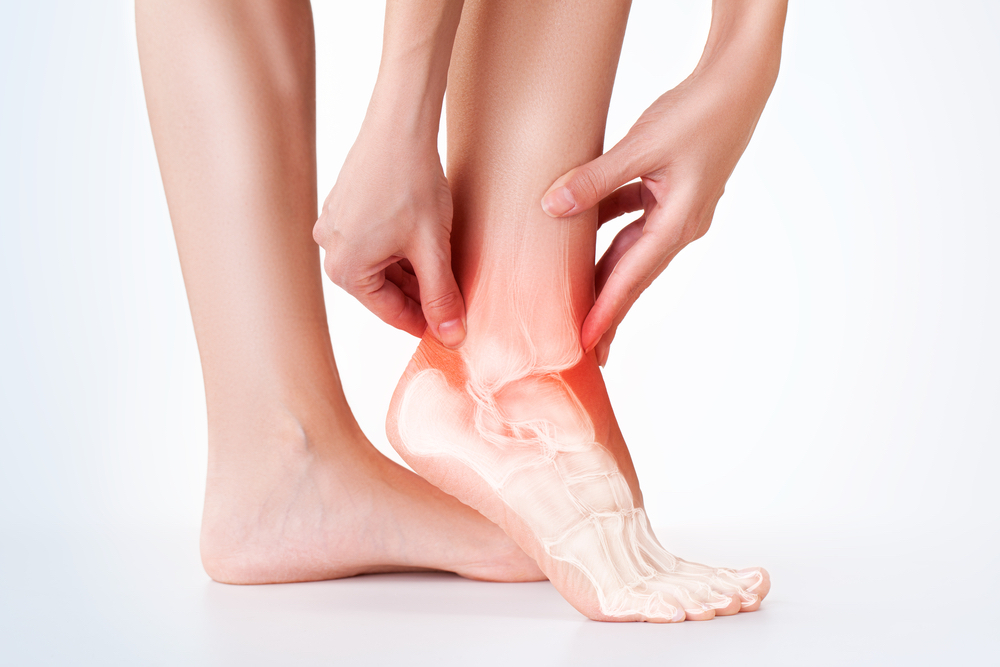 Patients suffering from chronic pain often find that their problems are compounded by the additional difficulties that come with insomnia and sleeping disorders. Of those who report experiencing chronic pain (about 15% of the general U.S. population and 50% of the elderly), approximately 65% report having sleep disorders, such as disrupted or non-restorative sleep.
Patients suffering from chronic pain often find that their problems are compounded by the additional difficulties that come with insomnia and sleeping disorders. Of those who report experiencing chronic pain (about 15% of the general U.S. population and 50% of the elderly), approximately 65% report having sleep disorders, such as disrupted or non-restorative sleep.
Back pain is the most common type of chronic pain problem, and is the most prevalent medical disorder in industrialized societies. Not surprisingly, individuals with chronic back pain problems frequently report significant interference with sleep.
In a recent study, it was found that approximately two-thirds of patients with chronic back pain suffered from sleep disorders. Research has demonstrated that disrupted sleep will, in turn, exacerbate the chronic back pain problem. Thus, a vicious cycle develops in which the back pain disrupts one’s sleep, and difficulty sleeping makes the pain worse, which in turn makes sleeping more difficult, etc.
Pain Diminishes both Sleep Quantity and Quality
The term “insomnia” includes all types of sleeping problems, such as difficulty falling asleep, difficulty staying asleep, and awakening earlier than desired. Of all medical conditions, pain is the number one cause of insomnia. With chronic pain problems, difficulty falling asleep is one of the most prevalent types of sleep disruption.
However, awakening during the night and awakening earlier than desired are also frequent problems. Research surveys of those with chronic pain problems have found that 65% report that they are awakened during the night due to pain and 62% report waking too early due to pain. In addition, many patients with chronic back pain problems do not feel “refreshed” in the morning when they awaken, a sleeping problem termed “non-restorative sleep.”
Difficulty falling asleep
 Chronic pain can impact sleep in a number of ways. To understand how a pain problem can make it difficult to fall asleep, it is helpful to think about the process associated with going to sleep for the night. In getting ready for bed, it is common to try and eliminate all distractions or other influences in an effort to “relax” and begin to fall asleep. This may include quieting the room, turning off the lights, eliminating any other noises, trying to get comfortable, and beginning to try to fall asleep.
Chronic pain can impact sleep in a number of ways. To understand how a pain problem can make it difficult to fall asleep, it is helpful to think about the process associated with going to sleep for the night. In getting ready for bed, it is common to try and eliminate all distractions or other influences in an effort to “relax” and begin to fall asleep. This may include quieting the room, turning off the lights, eliminating any other noises, trying to get comfortable, and beginning to try to fall asleep.
However, this “quieting” of one’s environment can cause problems for the chronic back pain sufferer since the only thing left for the brain to focus on is the experience of the pain. Patients will often report that one of their primary pain management tools during the day is being able to distract themselves from the chronic back pain problem by staying busy with other tasks (e.g., reading, watching television, engaging in hobbies or crafts, working, interacting with others, etc.).
However, when trying to fall asleep there are no other distractions available to focus on except for the pain. In many cases, one’s perception of the pain actually increases when attempting to fall asleep. The longer falling asleep is delayed, the more stressful the situation becomes.
Difficulty sleeping through the night
In addition to difficulty falling asleep, chronic pain patients also report awakening frequently during the night. Research has demonstrated that individuals experiencing chronic lower back pain may experience several intense “micro-arousals” (a change in sleep state to a lighter stage of sleep) per hour of sleep, which lead to awakenings. Thus, the chronic pain problem can be a significant intrusion into a night’s sleep and disruptive to the normal stages of sleep.
This problem is often the cause of “non-restorative sleep.” Individuals with chronic pain often experience less deep sleep, more arousals and awakenings during the night, as well as less efficient sleep. Thus, the quality of the sleep is often light and unrefreshing. This non-restorative sleep pattern can then cause diminished energy, depressed mood, fatigue, and worse pain during the day.
Source: spine-health.com; William Deardorff, PhD, ABPP







